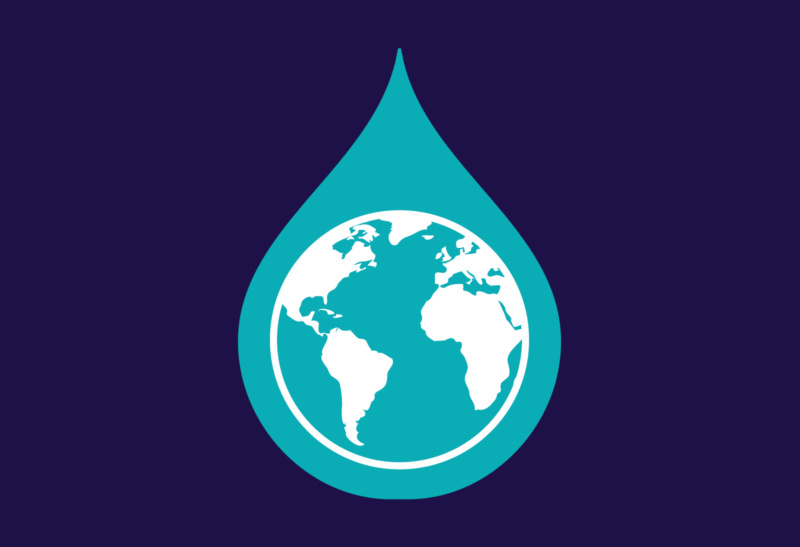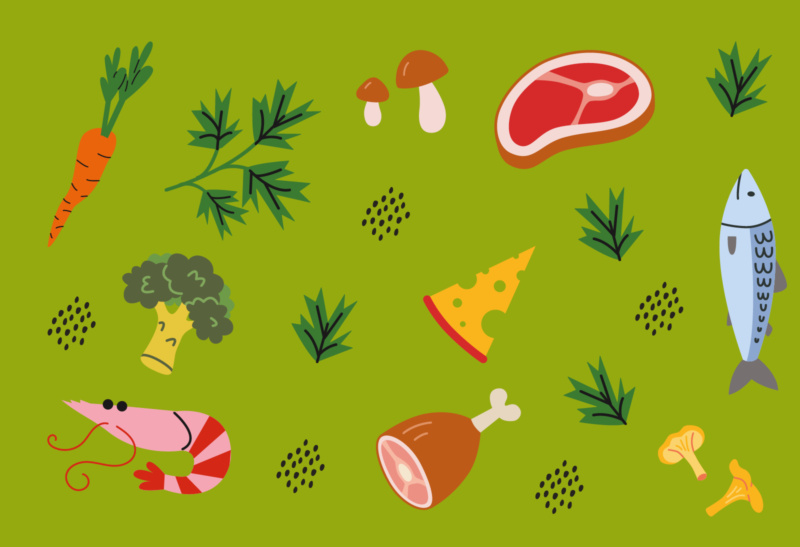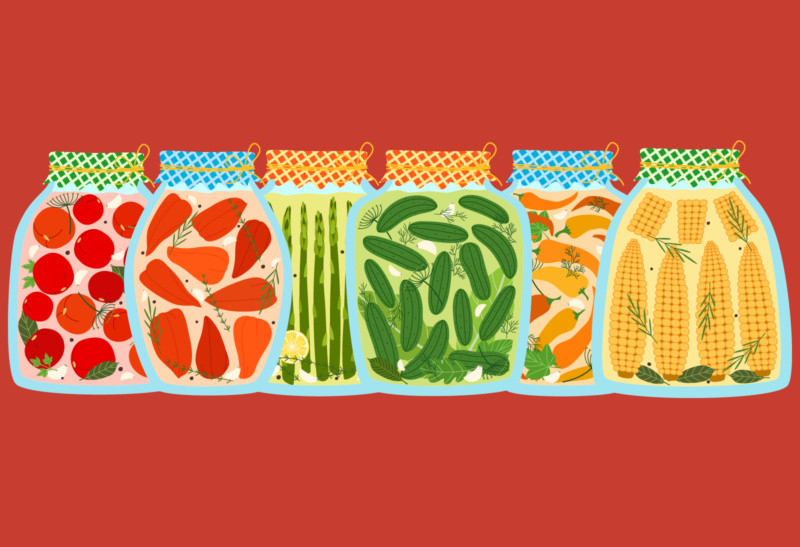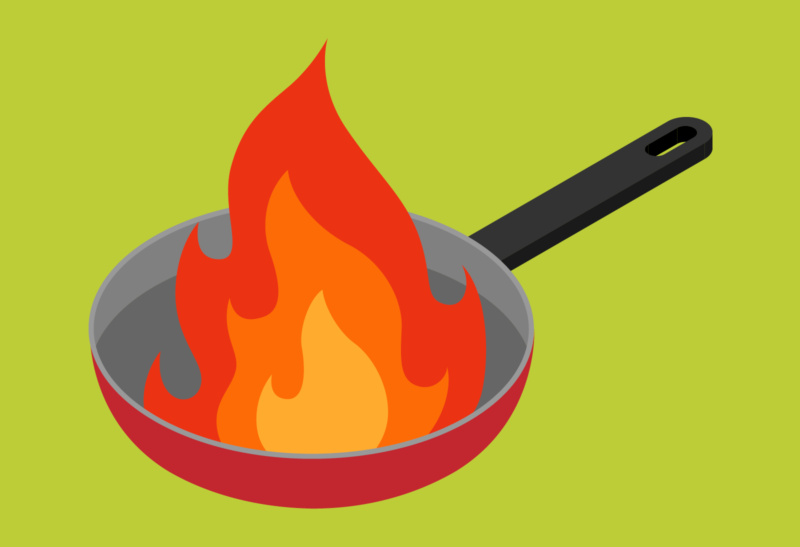World Water Day celebrates the importance of water and teaches us why we need to respect it.
Many years ago I attended a Footprint event, which was all about the risks to our supply chain that water shortages posed. The whole issue was news to me and to most of the audience at that point, and we all sat quietly surprised and puzzled at the projections put in front of us. Only a few years later in 2018, the World Economic Forum Global Risks Report put water crisis as one of the top five most impactful risks to the global economy. WRAP too were estimating at that point, that the supply chains that deliver more than half the UK’s food were at risk from water scarcity.
As I write this blog, the situation looks even more acute, with 2.4 billion people worldwide estimated to live in countries experiencing high water stress.1 The United Nations reports that by 2030, global demand for water is expected to exceed supply by 40%, a crisis that’s already impacting our food supply chain.
At Bidfood, we’re very much aware of the interconnectedness between water scarcity and the food supply chain. Water is not just a convenience but a necessity in every aspect of our operations, from the water we use to wash our trucks, and on our sites, to the water we supply to customers, and the water used in food production from farm to fork.
The risk to our supply chain is not just about dwindling water sources in the UK; it extends to every corner of our planet. Droughts devastate crops, compromising food production and livelihoods, affecting communities across the globe as well as fuelling food inflation in the UK. In fact, the World Bank estimates that water scarcity could cost some regions up to 6% of their GDP by 2050.
So what’s causing water shortages?
Sitting here in the UK, after what has been a very rainy few weeks, it’s still hard to grasp the concept that water scarcity is a problem. However, parts of our country are already water-stressed. And it is a particular issue for foodservice and the food industry – 69% of the UK’s water footprint is related to food production.
Water scarcity isn’t just a localised issue; it’s a global concern affecting millions of people and ecosystems. Rapid population growth, urbanisation, industrialisation, and climate change are the main causes.
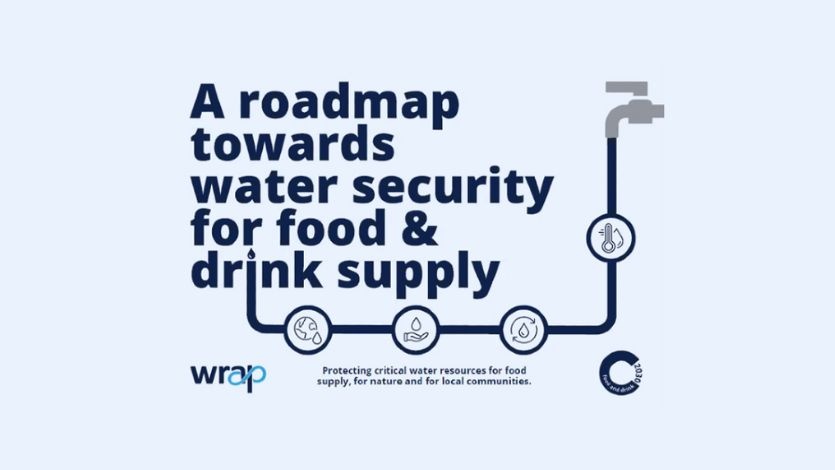
How do we address water scarcity?
In the foodservice and hospitality industry, water is a fundamental resource used in every operation, from cooking and cleaning to agricultural and food production. Businesses right through the supply chain can play a pivotal role in addressing water scarcity through sustainable practices.
This includes implementing water-saving technologies, optimising water usage in kitchens and facilities, and supporting initiatives that promote water conservation and access.
Bidfood’s commitment: Wrap’s Water Roadmap
In 2021 we joined a growing list of organisations that signed up to support WRAP’s water roadmap. We see this roadmap as a key mechanism that will help us achieve the Courtauld 2030 water target.
The overall target is for 50% of fresh food to be sourced from areas with sustainable water management by 2030. The roadmap outlines a vision and key pathways towards addressing the challenges we face in protecting vital water resources for food supply, for nature and for local communities. It’s a joint vision for the whole UK food and drink industry.
Collective Action projects in the UK and abroad, have been set up to test, learn and solve issues locally, but for the targets to be achieved, businesses need to 1. Carry out water risk assessments 2. Map their supply chains and 3. Invest in collective action projects. If you’re interested in signing up or finding out more, here’s a link courtauldcommitment@wrap.org.uk.
Our new ESG strategy includes a commitment to engage with our top 50 suppliers in CY 2024 and be able to report on their engagement with water use and reduction initiatives by the end of CY 2025.
Read more on why we support the roadmap here: 3 reasons why Bidfood support Wrap’s Water Roadmap
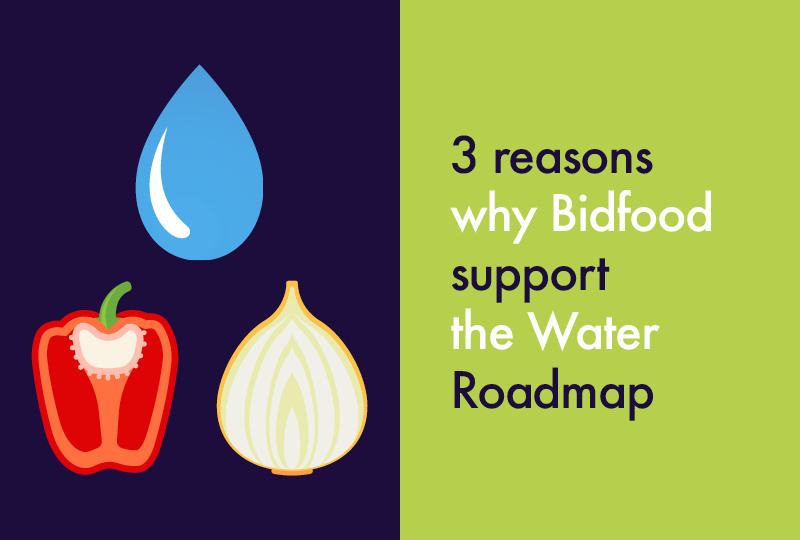
The impact of One Water: providing safe, clean water
Another long-standing partnership we’ve been proud to support is with One Water, the UK’s leading ethical drinks brand. Every bottle bought helps to fund projects supplying safe and clean water in the world’s poorest countries and disadvantaged communities around the world.
Their story started in December 2003, with a photo in The Guardian newspaper of a young girl sitting next to a padlocked tap in Kibera, Nairobi. That one photo inspired Duncan Goose to start One Water, selling bottled water to change lives, One person, One day at a time – raising funds for The One Foundation. 20 years on, they have celebrated a massive milestone, having now raised over £30m and provided safe clean water to over 5 million people who need it most.
Through sustainable projects and partnerships, One Water provides access to clean drinking water, sanitation, and hygiene education. By supporting initiatives like One Water, businesses can contribute to addressing water scarcity and improving the lives of countless individuals.
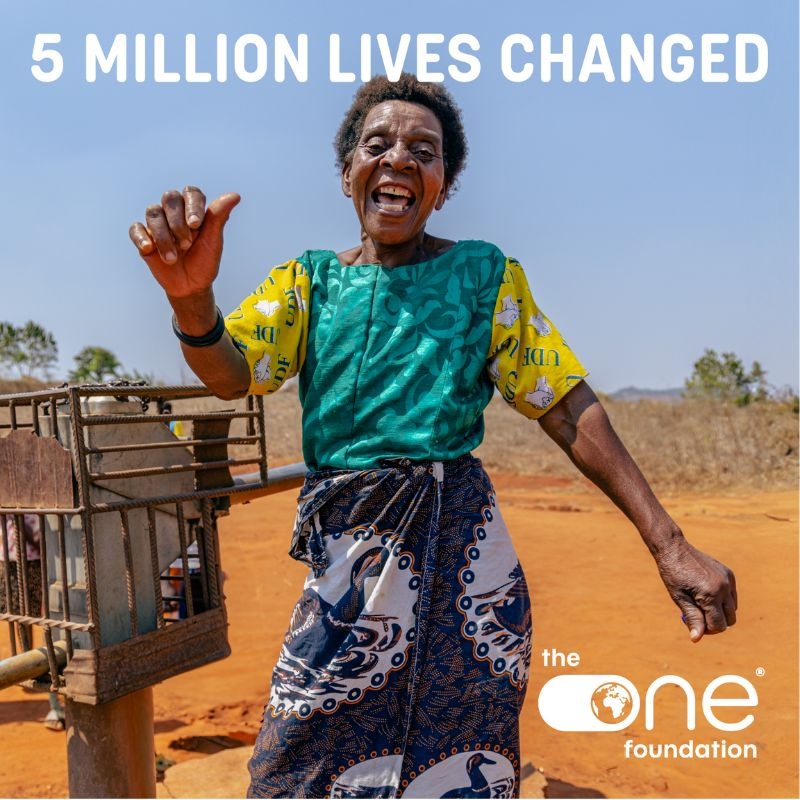
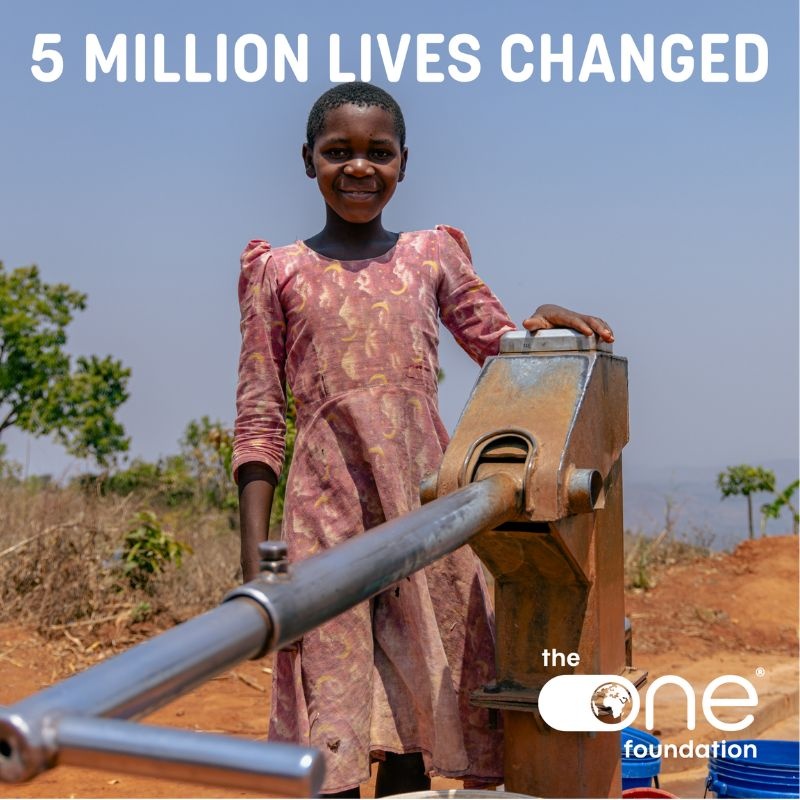
As we celebrate World Water Day, let’s reaffirm our commitment to preserving and protecting this invaluable resource. By raising awareness, implementing sustainable practices, supporting initiatives like One Water, and embracing frameworks like Wrap’s water roadmap, businesses in the foodservice and hospitality industry can make a significant impact in addressing water scarcity, and collectively achieving a more water-secure future and supply chain for all.
